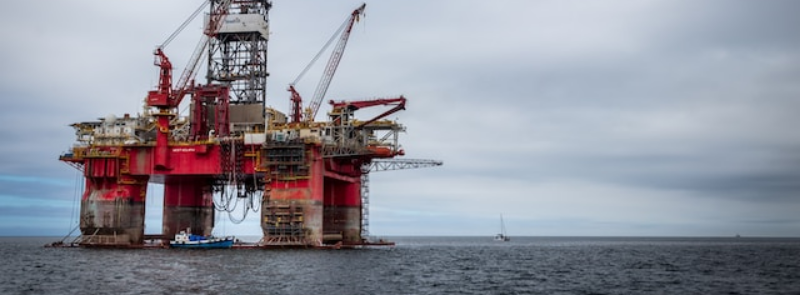
When It Occurs
Every August 27th
Timeline
Days Passed (910)
# Hashtags
#NationalPetroleumDay #DrakeWell
National Petroleum Day, observed on August 27 this year, serves as a platform to increase awareness about industry concerns and acknowledge the significance and impact of petroleum resources in our daily lives. It's a moment to honor this invaluable natural resource, recognizing the tremendous good it has contributed to humanity, national wealth, and our modern-day existence in the 21st century.
Origins and History
The history of National Petroleum Day and the petroleum industry is rich and deeply intertwined with the development of modern society:
- Early Beginnings: The use of petroleum dates back to ancient civilizations, where it was used for medicinal purposes and waterproofing. However, the modern petroleum industry began in the 19th century.
- Drake Well: On August 27, 1859, Edwin Drake successfully drilled the first commercial oil well in Titusville, Pennsylvania, marking the birth of the modern petroleum industry. This event is often commemorated on National Petroleum Day.
- Industrial Revolution: The discovery and commercial production of petroleum fueled the Industrial Revolution, leading to significant advancements in transportation, manufacturing, and technology.
The Significance of Petroleum
Petroleum plays a crucial role in the global economy and daily life for several reasons:
- Energy Source: Petroleum is a primary source of energy, powering vehicles, heating homes, and generating electricity. It accounts for a significant portion of global energy consumption.
- Industrial Raw Material: Beyond energy, petroleum is a key raw material in the production of various chemicals, plastics, synthetic materials, and pharmaceuticals.
- Economic Impact: The petroleum industry contributes significantly to the economy, providing jobs, generating revenue, and influencing global markets. It supports numerous sectors, including transportation, manufacturing, and construction.
- Technological Advancements: The exploration, extraction, refining, and distribution of petroleum have driven technological advancements in engineering, geology, and environmental science.
Ways to Observe National Petroleum Day
There are many ways to observe National Petroleum Day, whether through education, appreciation, or reflection on the future of energy:
- Learn About Petroleum: Take the time to learn more about the history of petroleum, its extraction processes, refining, and its role in modern society. Books, documentaries, and online resources can provide valuable insights.
- Visit a Museum: Visit a museum or historical site dedicated to the petroleum industry. The Drake Well Museum in Pennsylvania, for example, offers a deep dive into the history of oil drilling.
- Acknowledge Industry Workers: Show appreciation for the workers in the petroleum industry, including engineers, geologists, refinery workers, and those involved in transportation and distribution.
- Discuss Energy Alternatives: Use the day to discuss and explore alternative energy sources and the future of sustainable energy. Engage in conversations about renewable energy, energy conservation, and the transition to a low-carbon future.
- Support STEM Education: Encourage interest in science, technology, engineering, and math (STEM) fields, which are crucial for the continued innovation and responsible management of energy resources.
- Reflect on Environmental Impact: Consider the environmental impact of petroleum extraction and consumption. Learn about efforts to minimize pollution, improve energy efficiency, and develop cleaner technologies.
Fun Facts About Petroleum
- First Oil Well: The Drake Well, drilled in 1859 in Titusville, Pennsylvania, was the first successful commercial oil well in the United States.
- Byproducts of Petroleum: Besides fuel, petroleum is used to produce a wide range of products, including plastics, synthetic rubber, detergents, fertilizers, and pharmaceuticals.
- Global Consumption: The world consumes over 90 million barrels of oil per day. The United States is one of the largest consumers of petroleum globally.
- Strategic Reserves: Many countries maintain strategic petroleum reserves to ensure energy security in case of supply disruptions.
Conclusion
National Petroleum Day is a day to recognize the vital role of petroleum in powering modern society and its contributions to the global economy. It is also an opportunity to reflect on the challenges and opportunities associated with petroleum use, including environmental concerns and the transition to sustainable energy sources. Whether you’re learning about the history of petroleum, appreciating the industry’s workforce, or exploring the future of energy, August 27th is a day to acknowledge the significance of petroleum and its impact on our lives.


